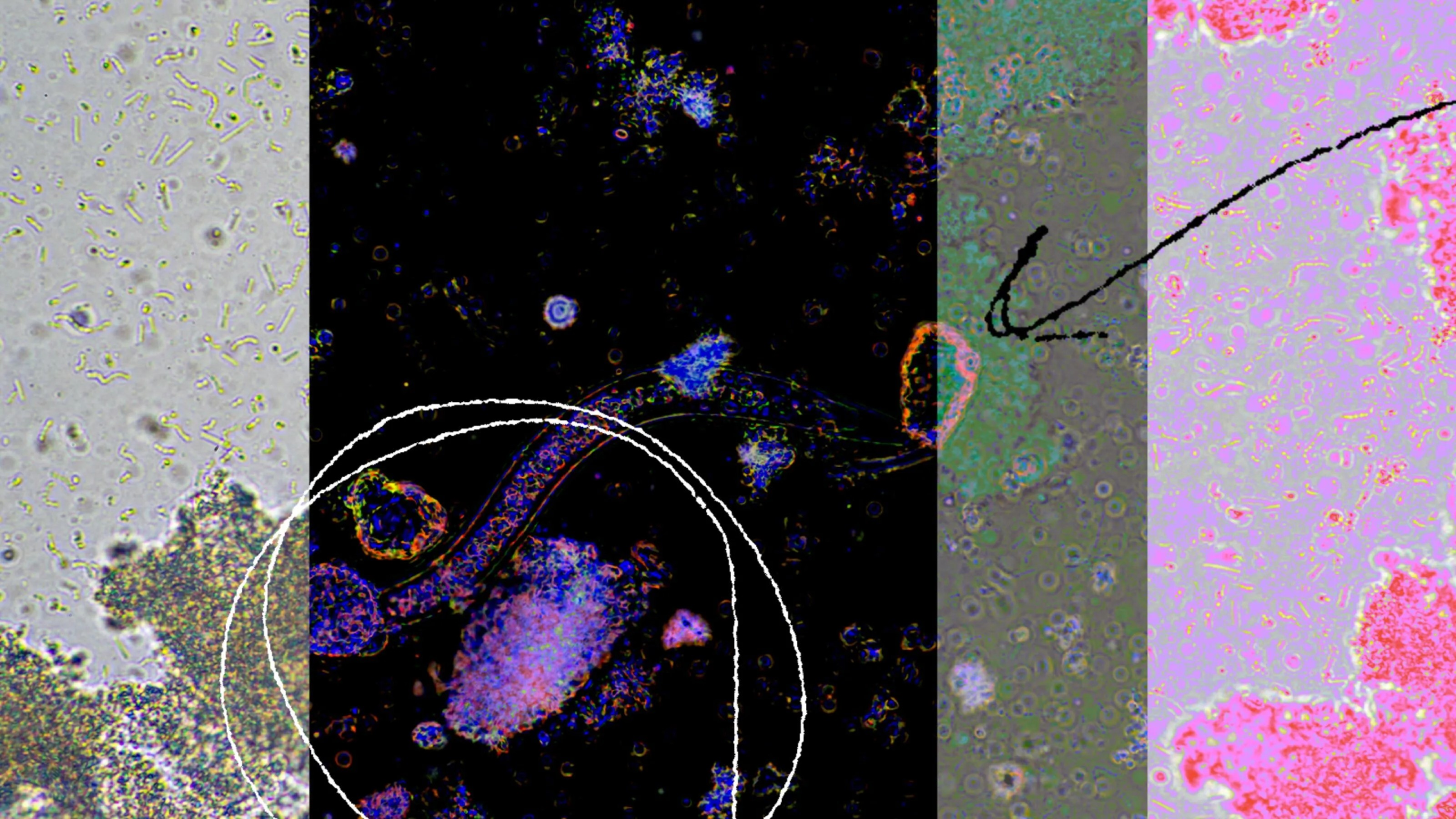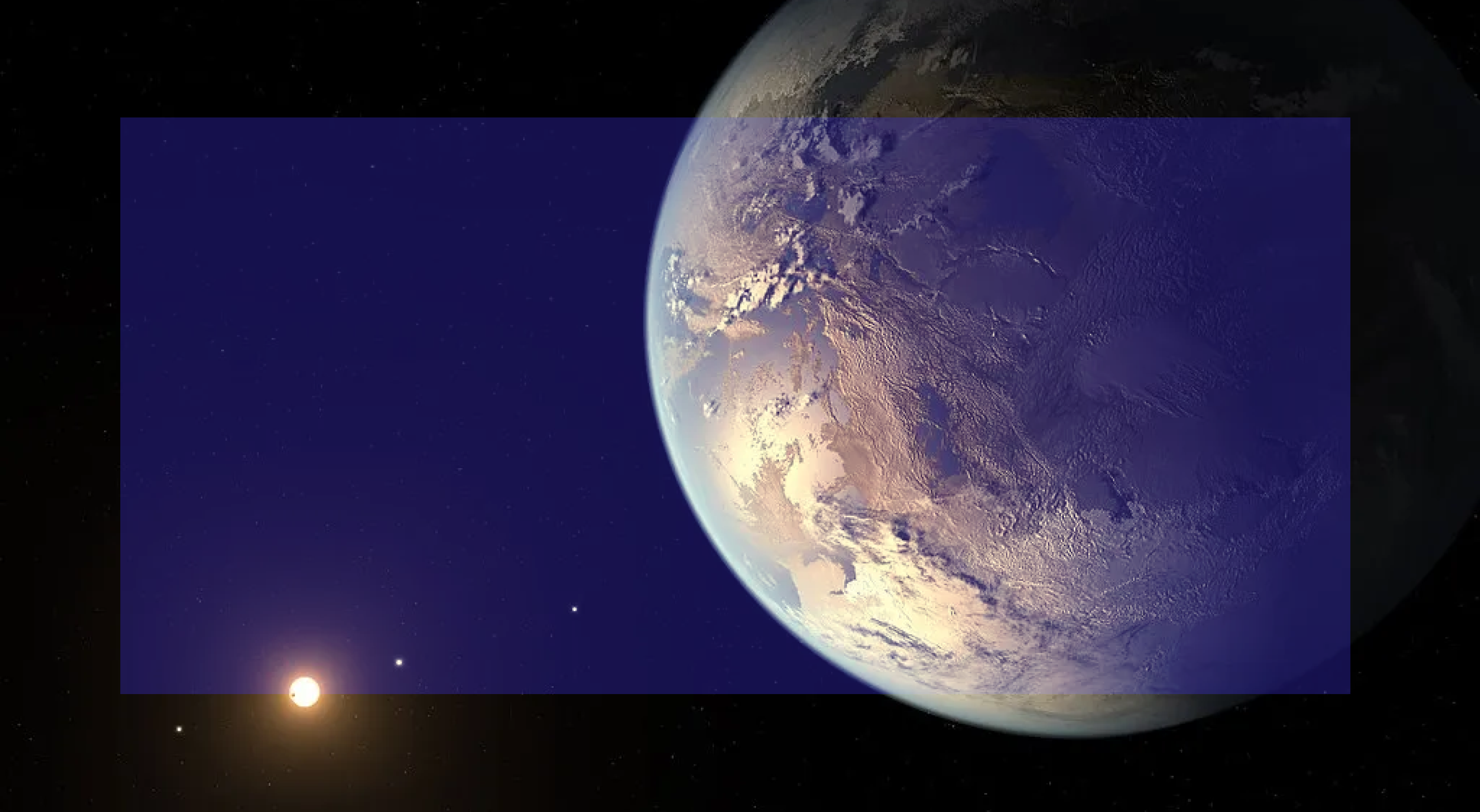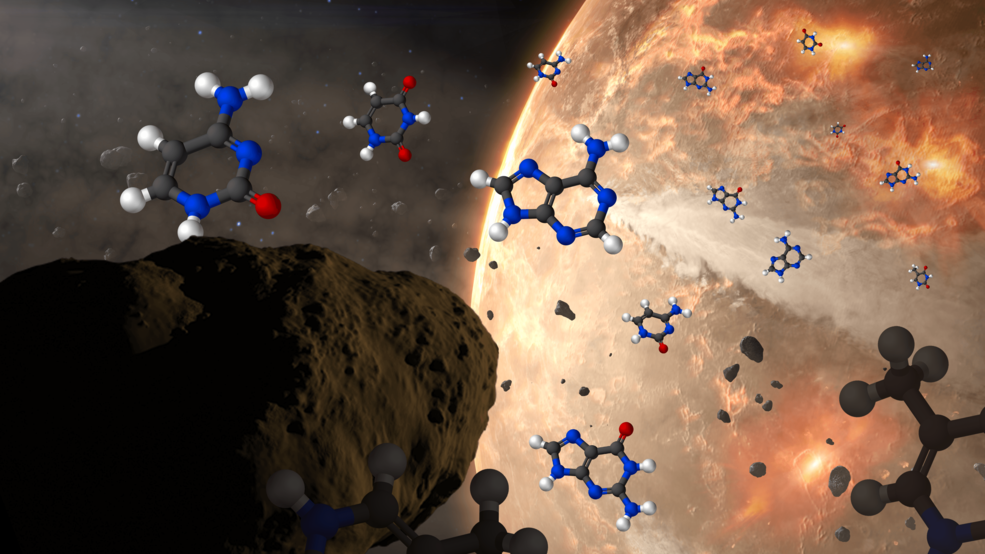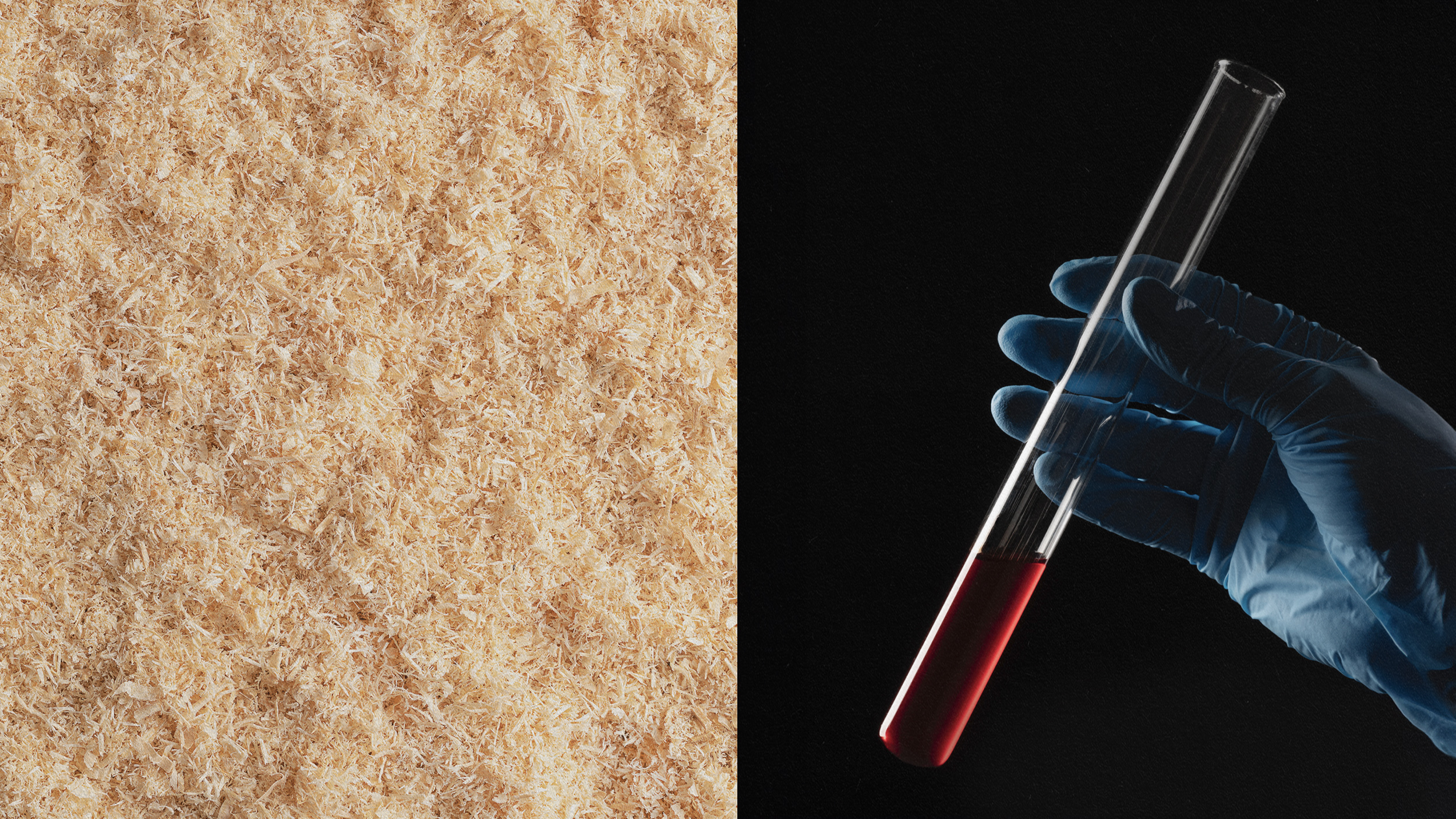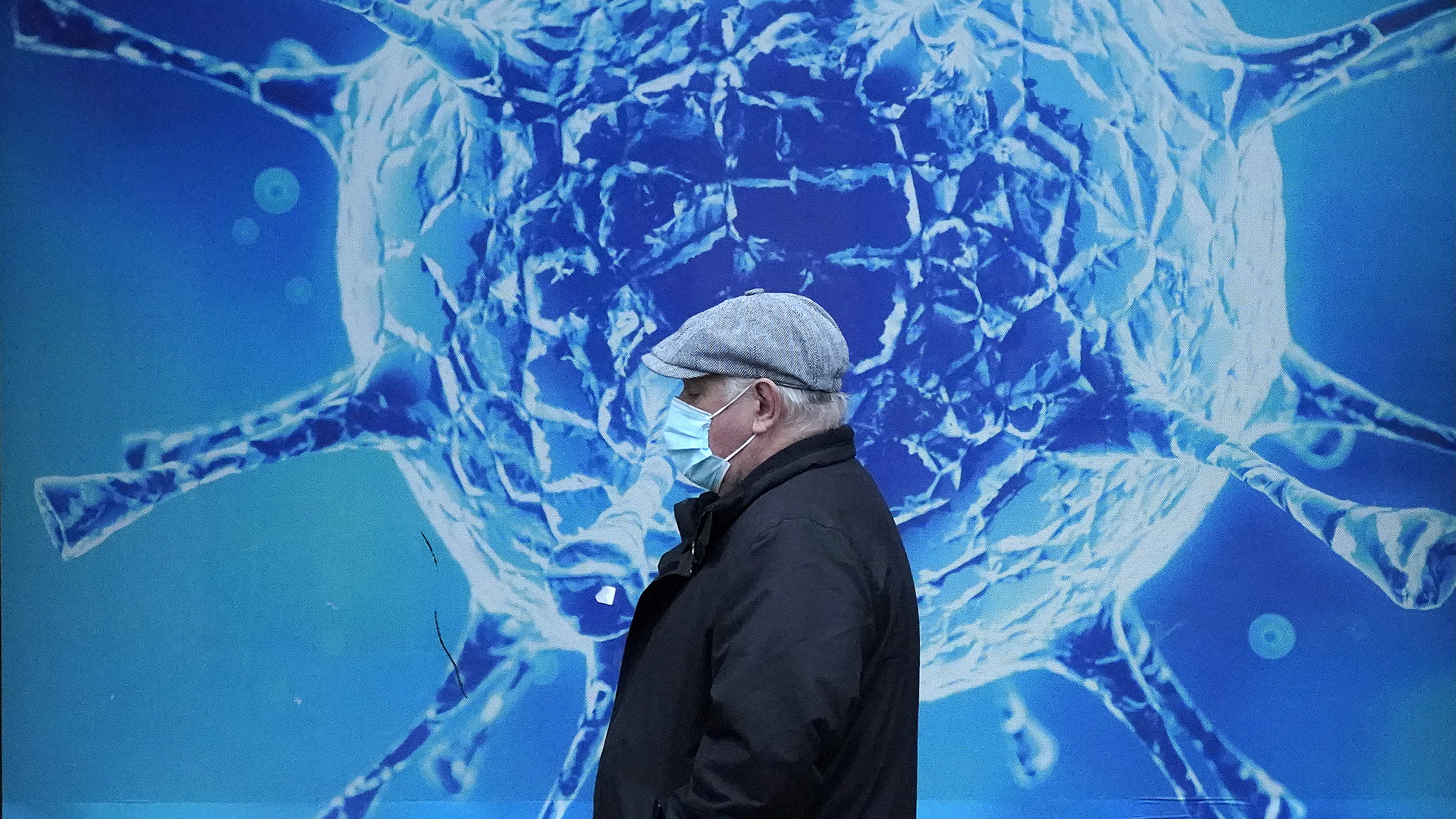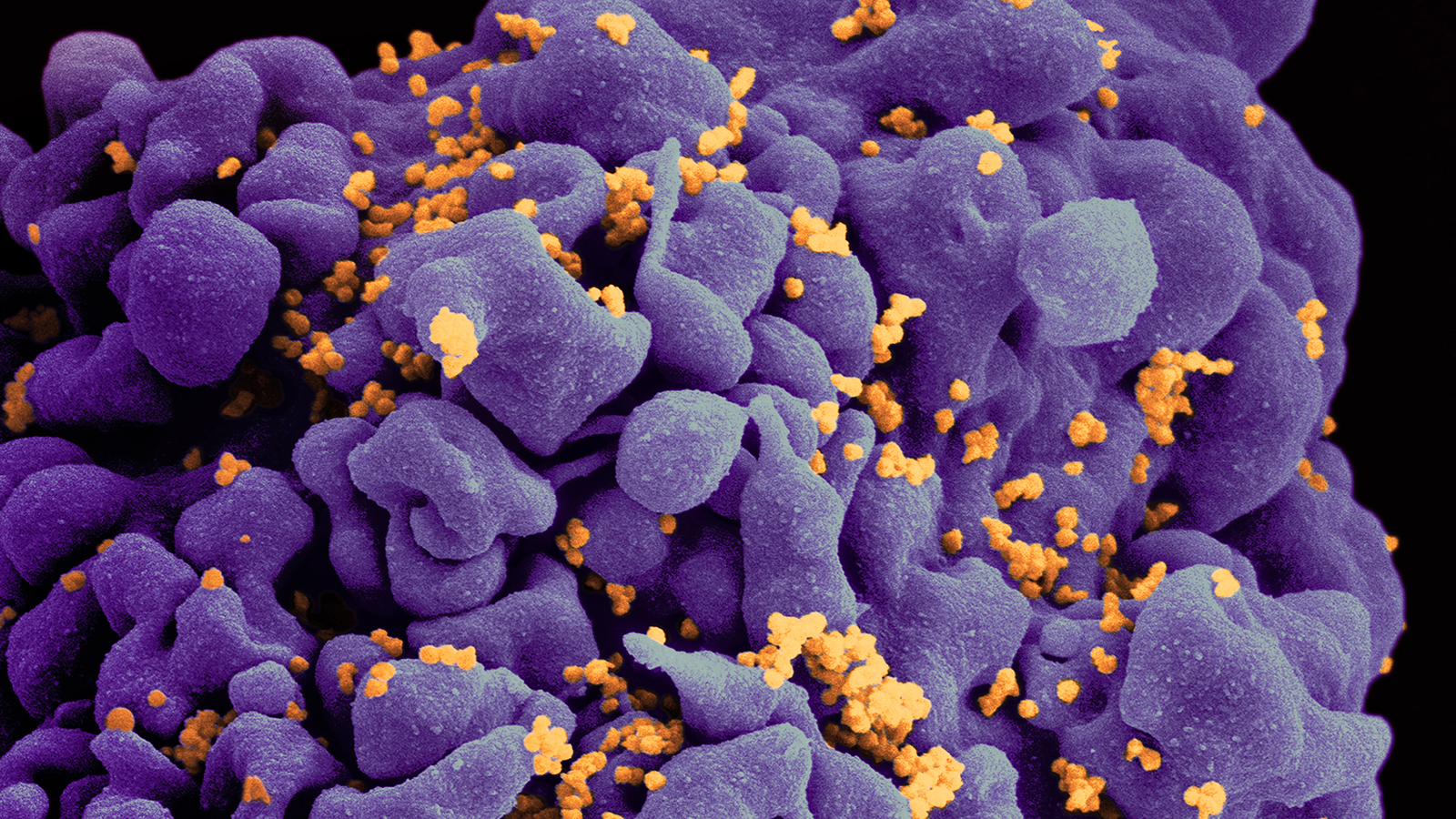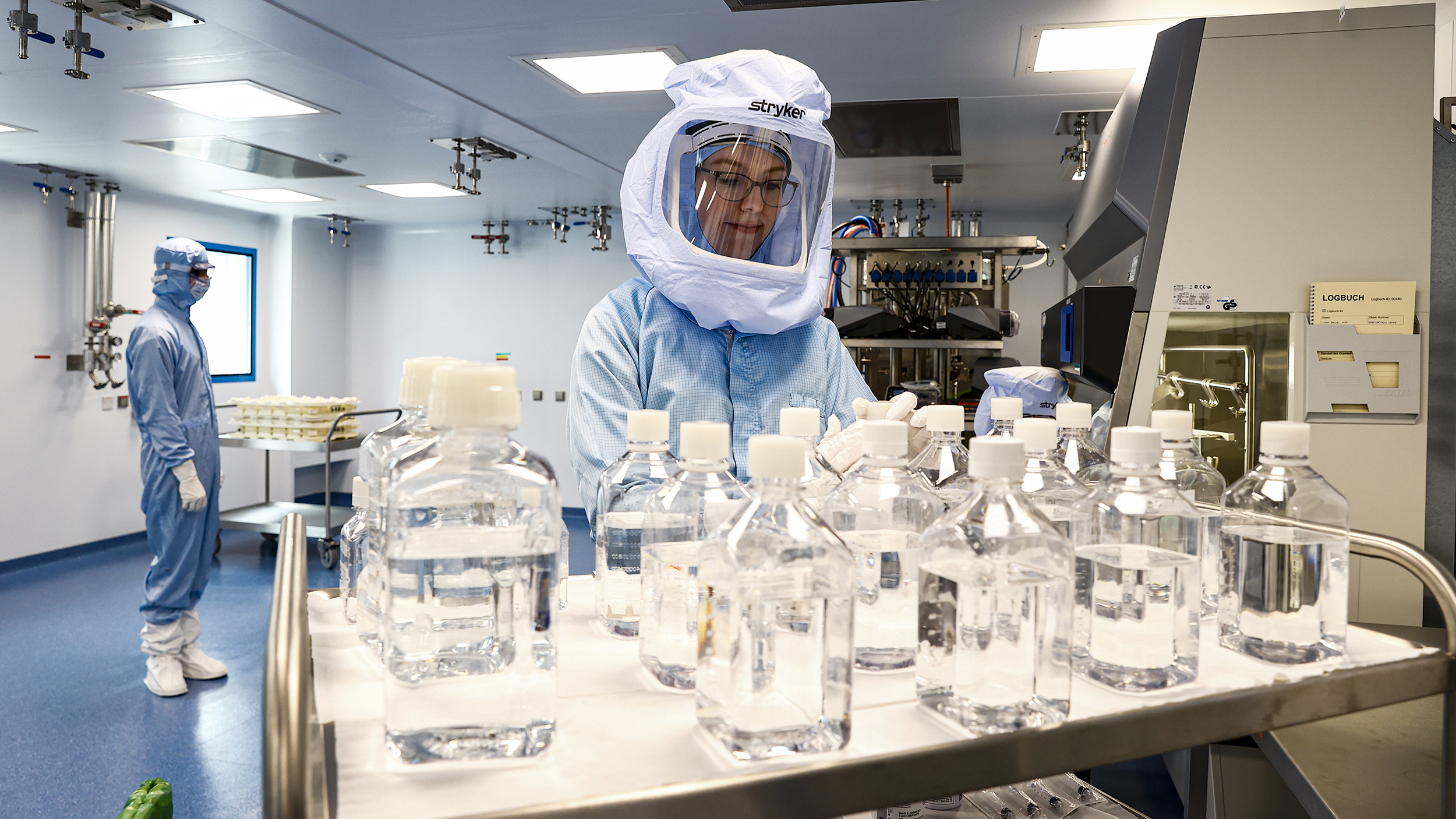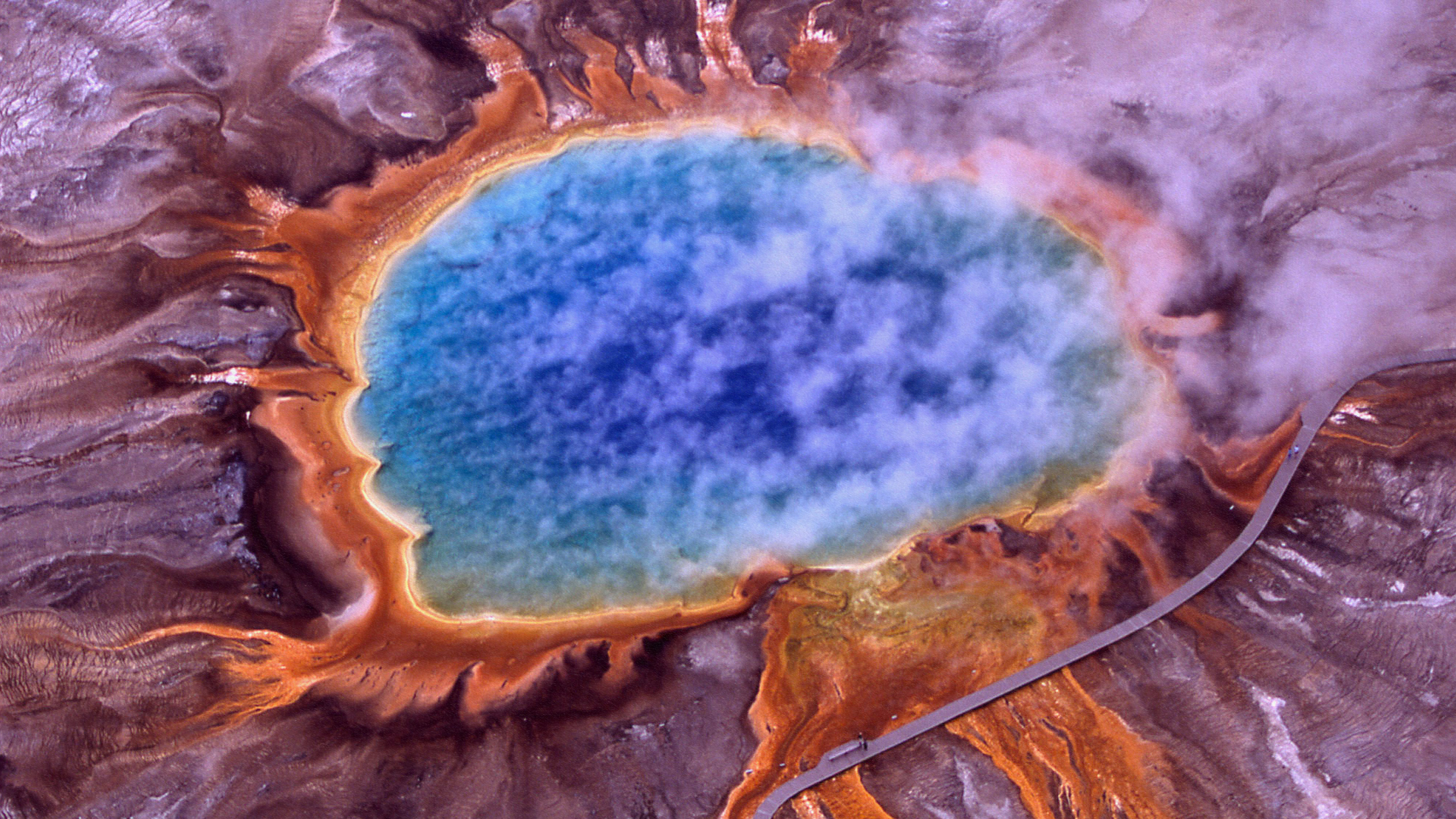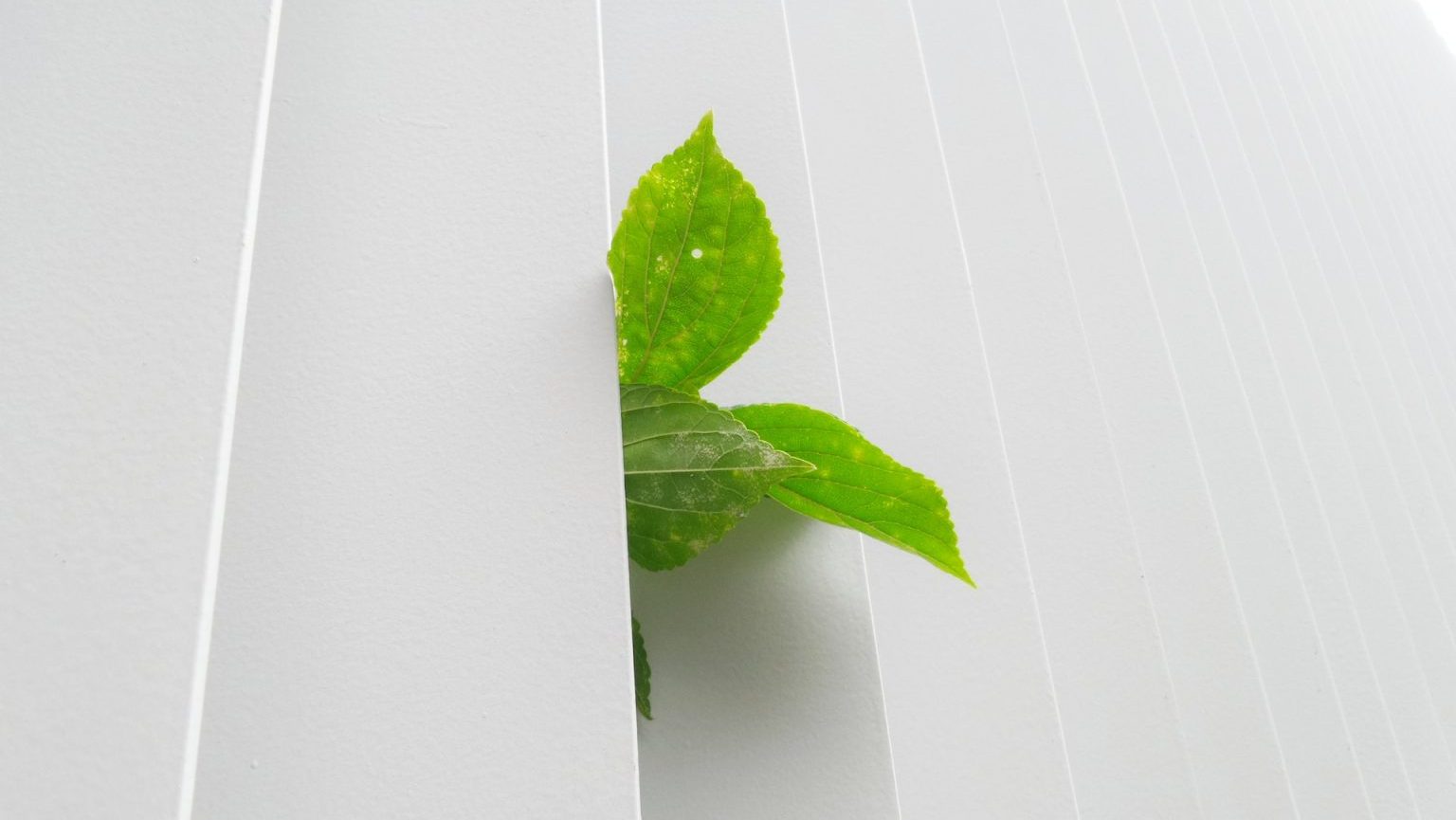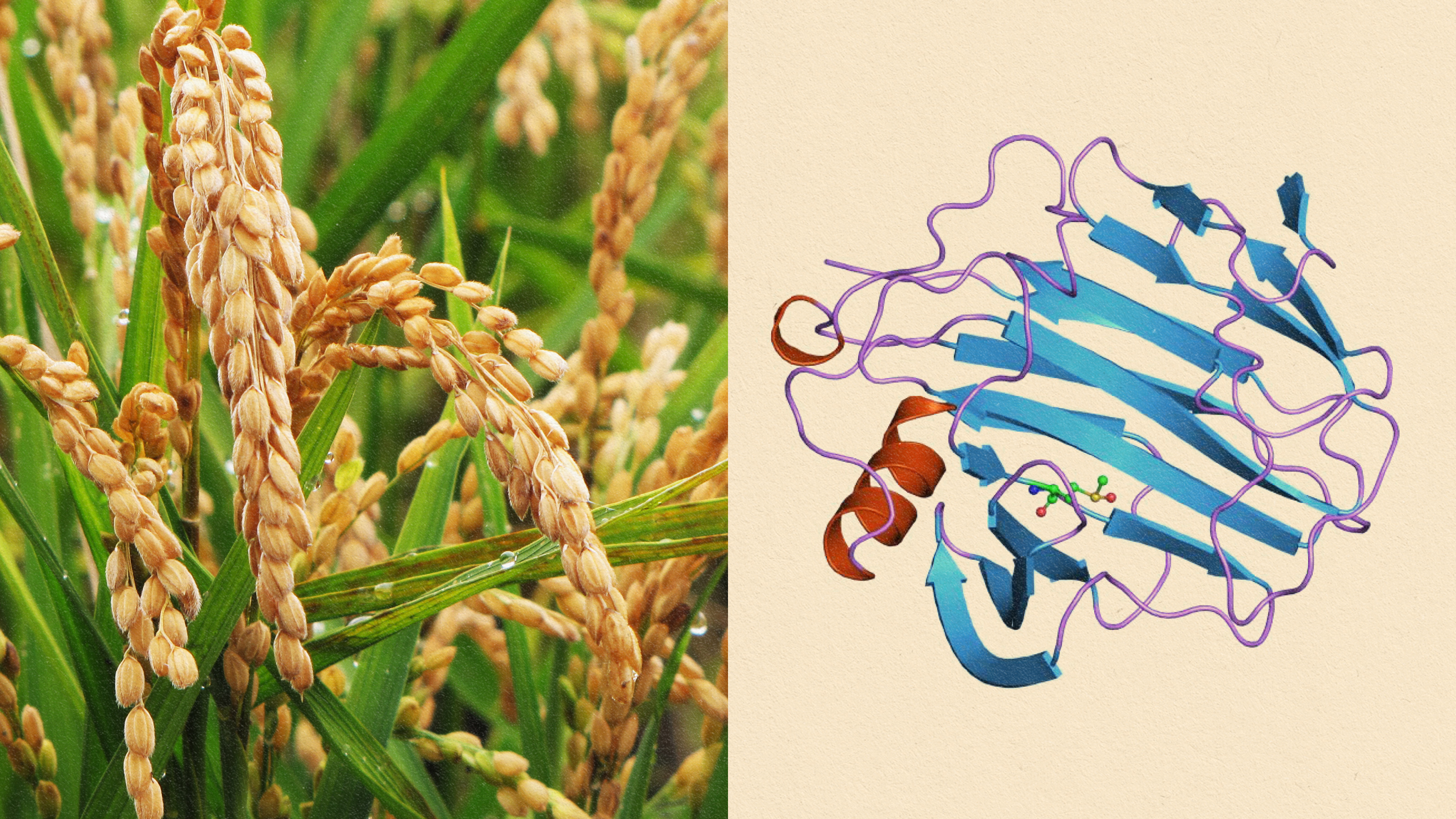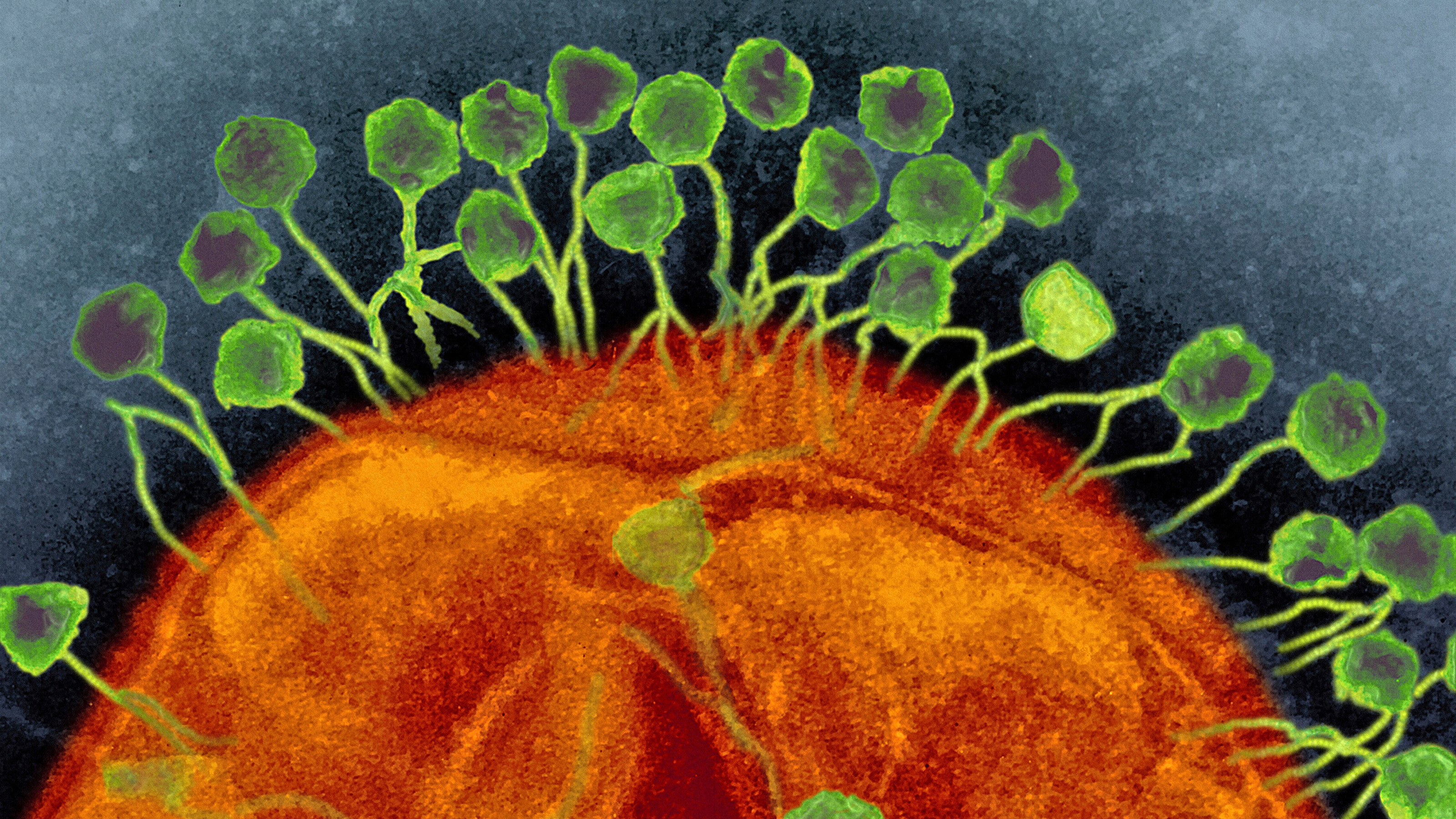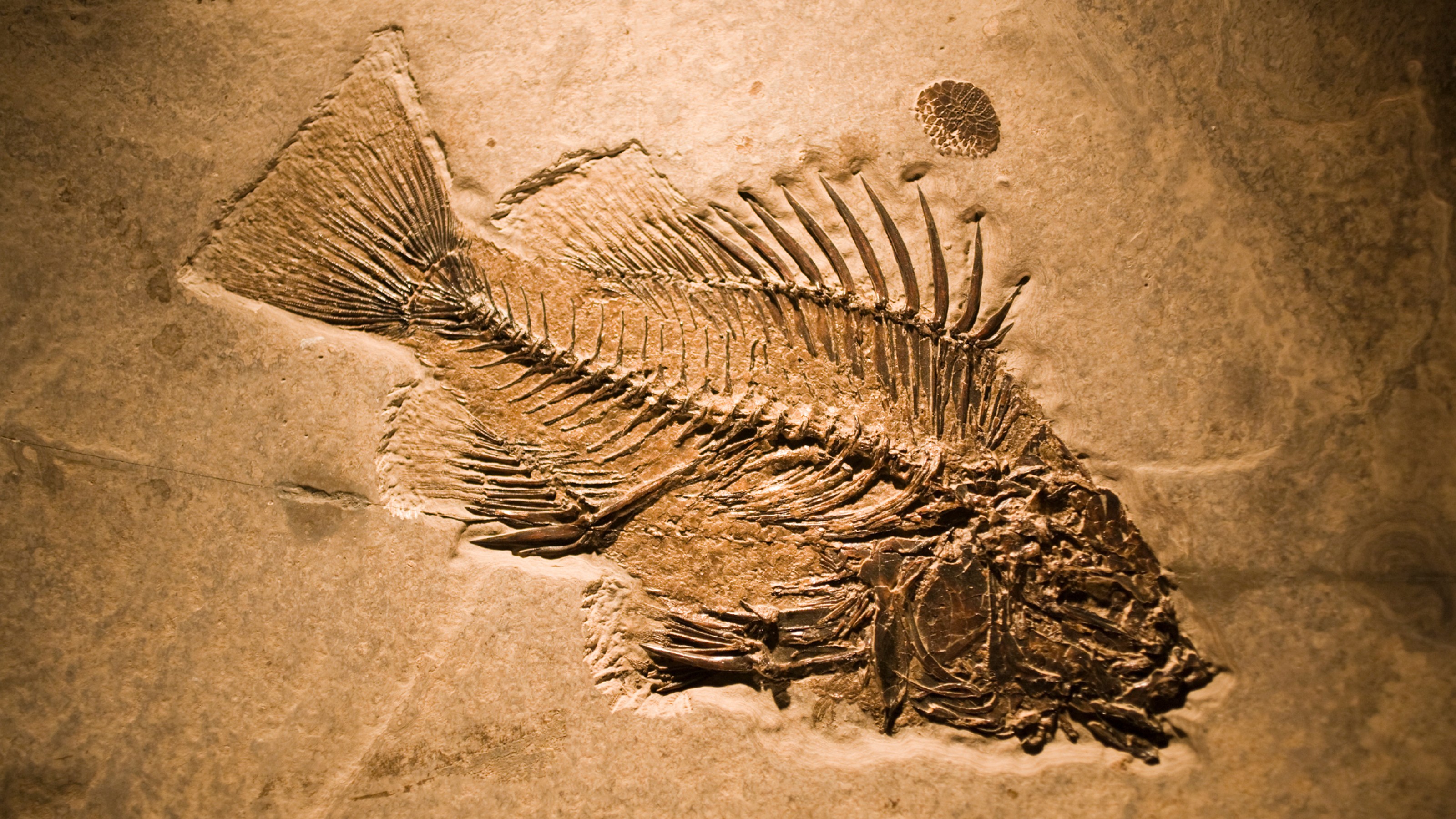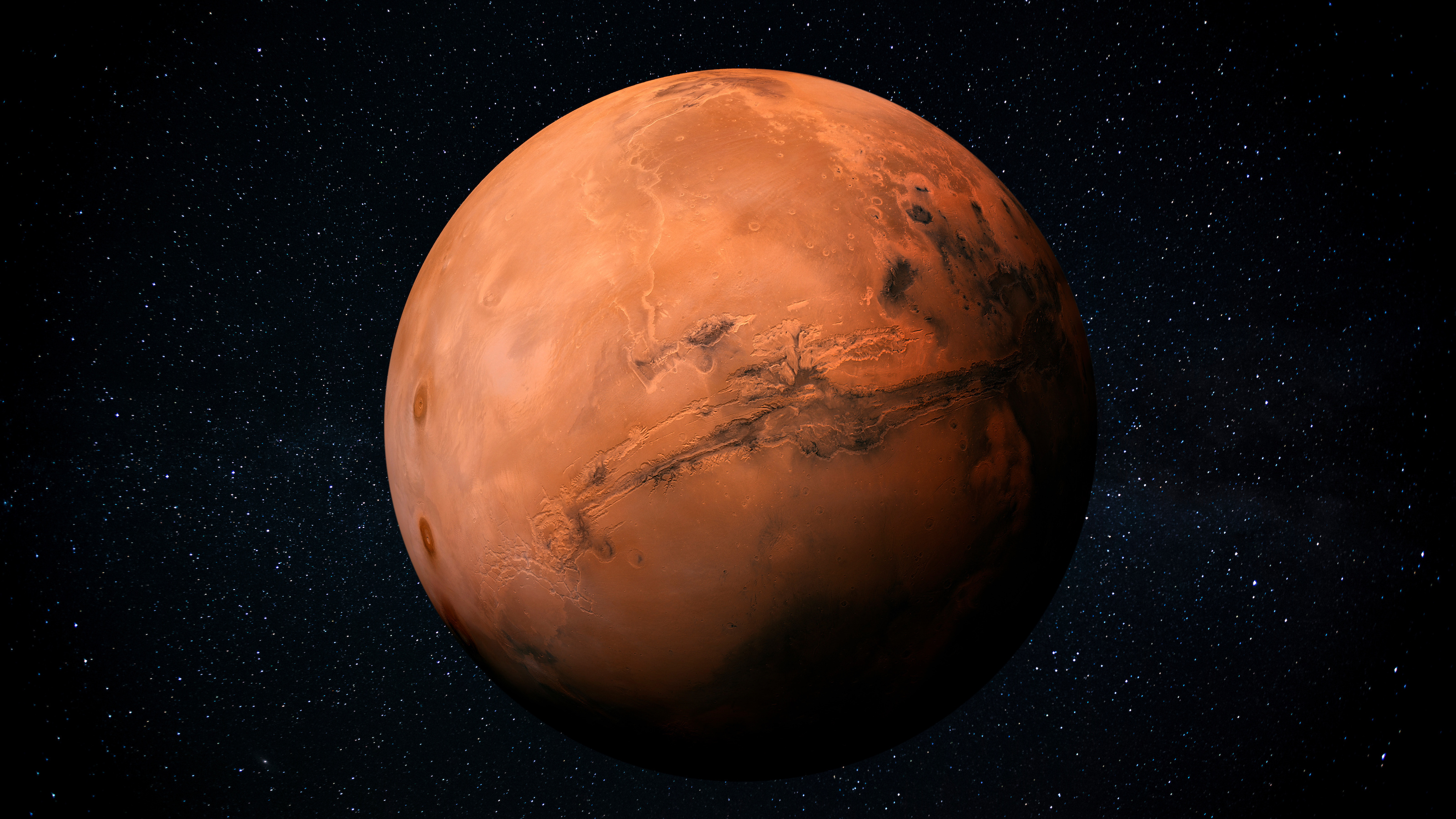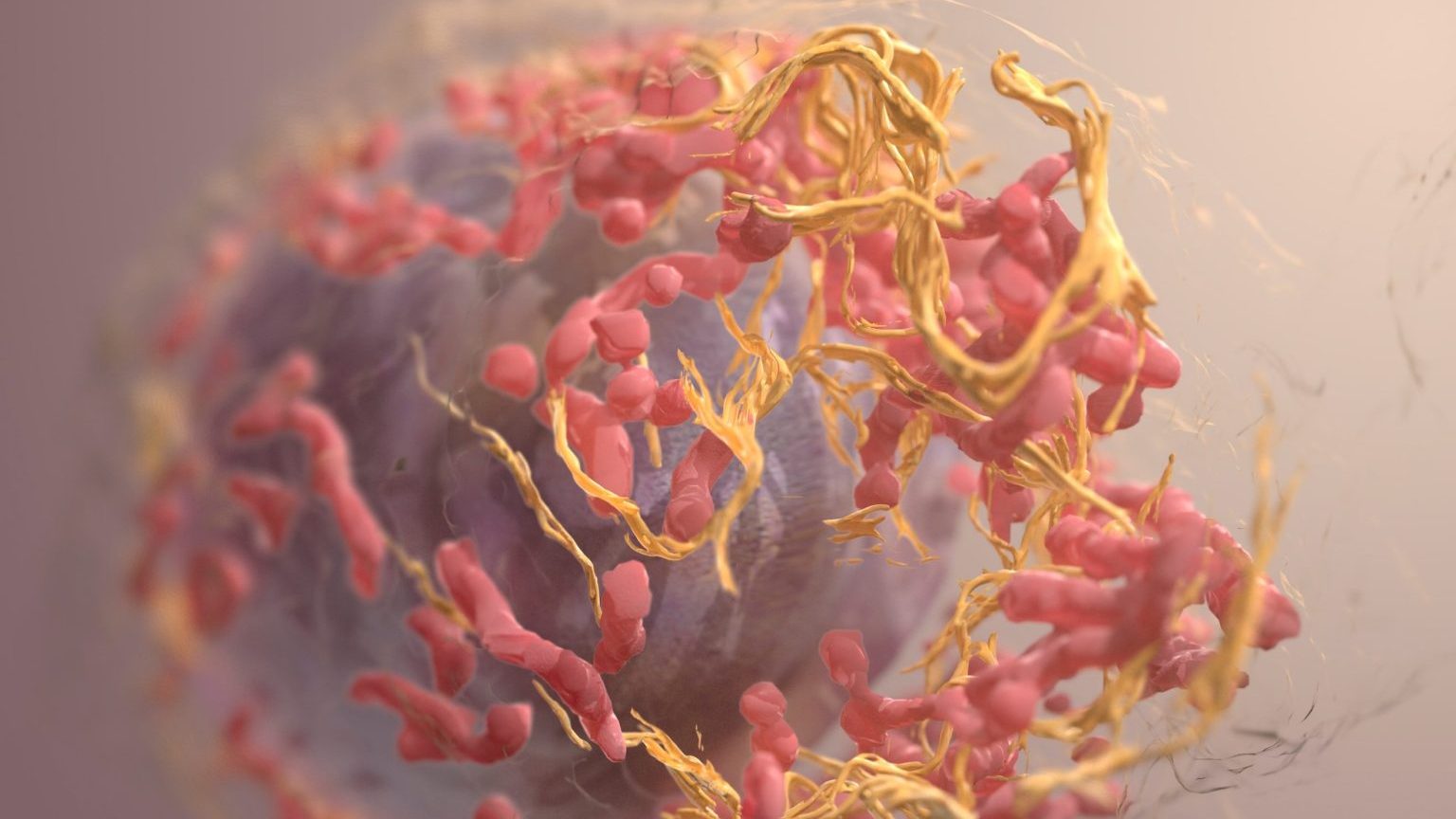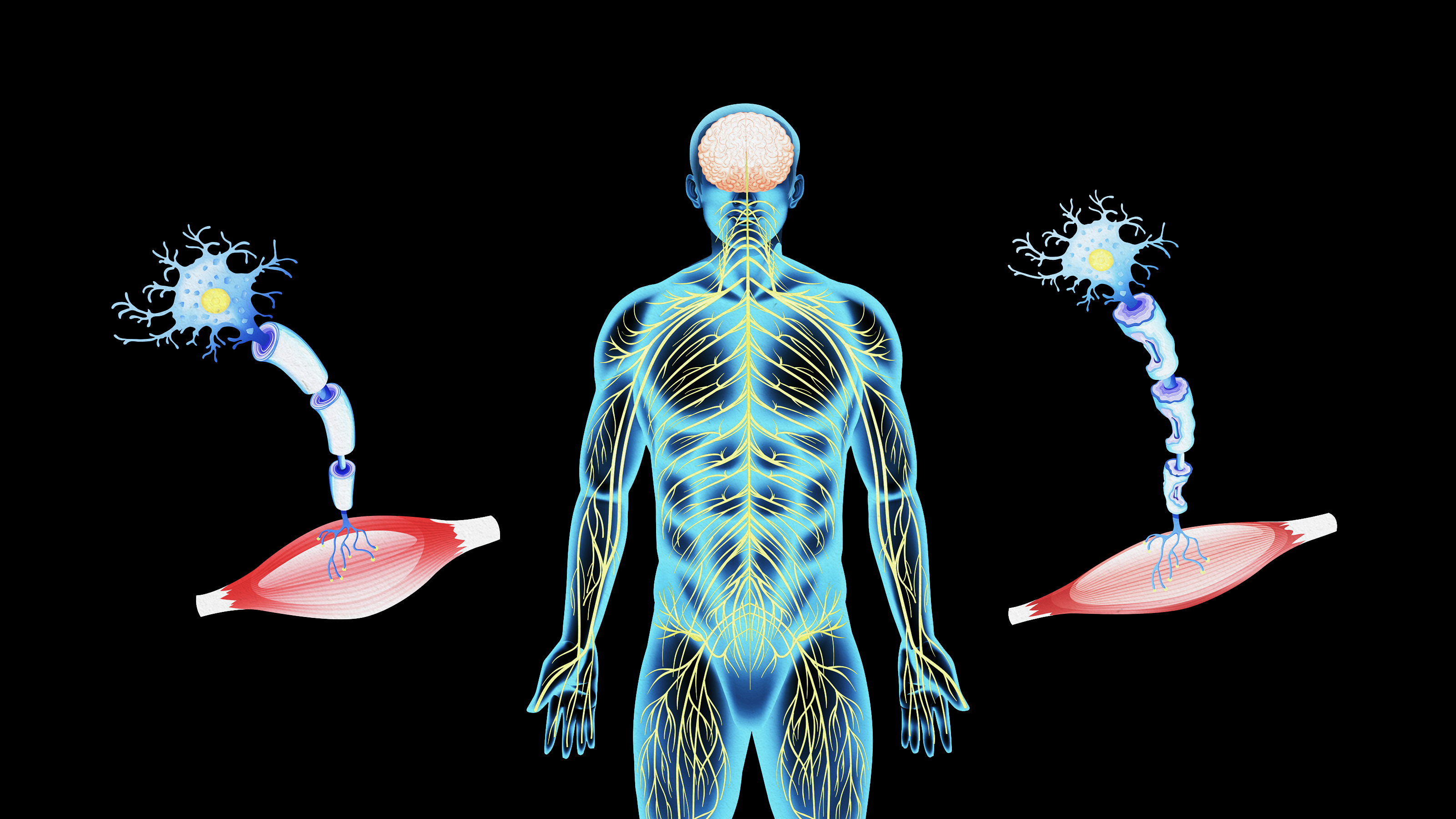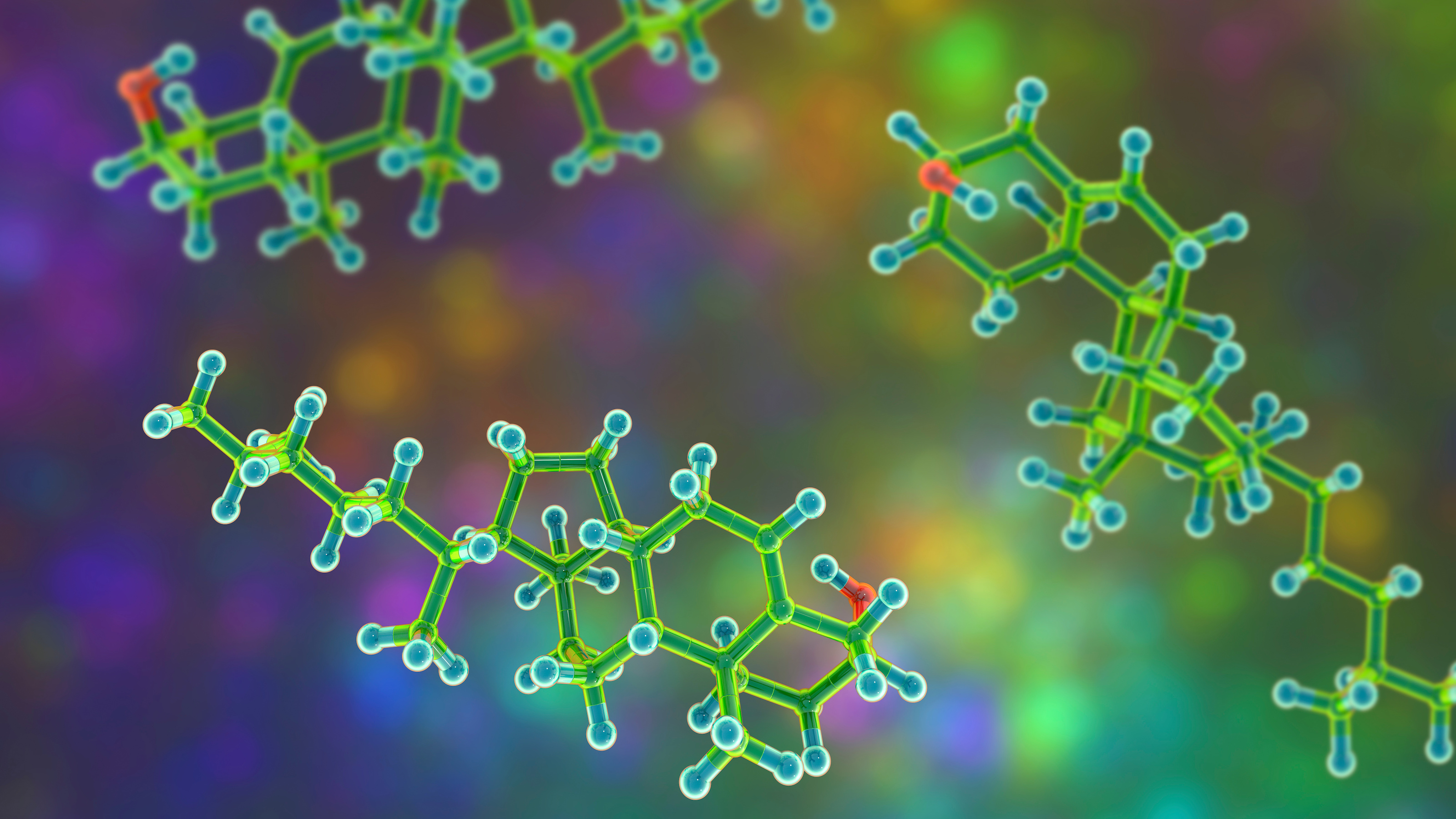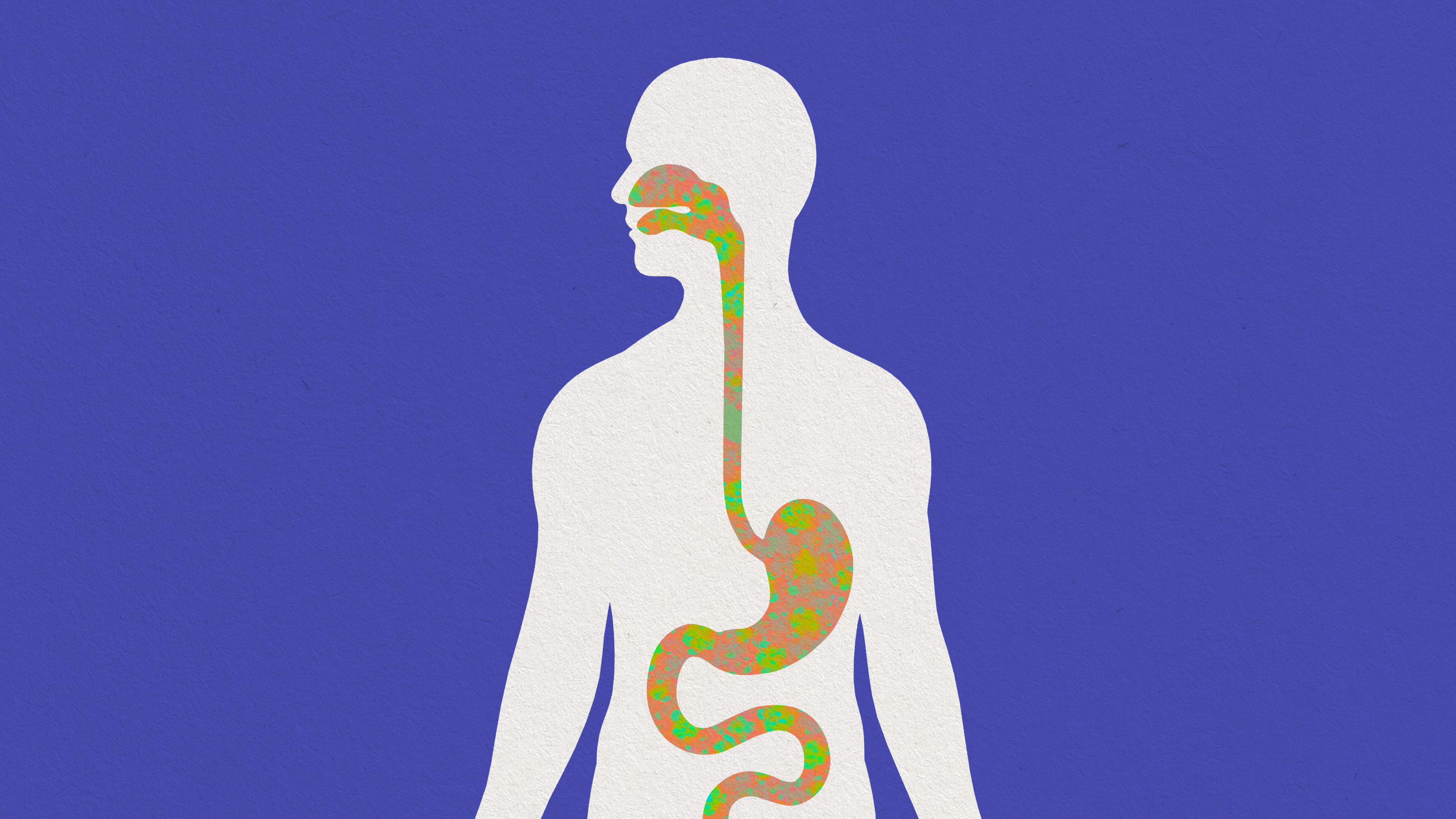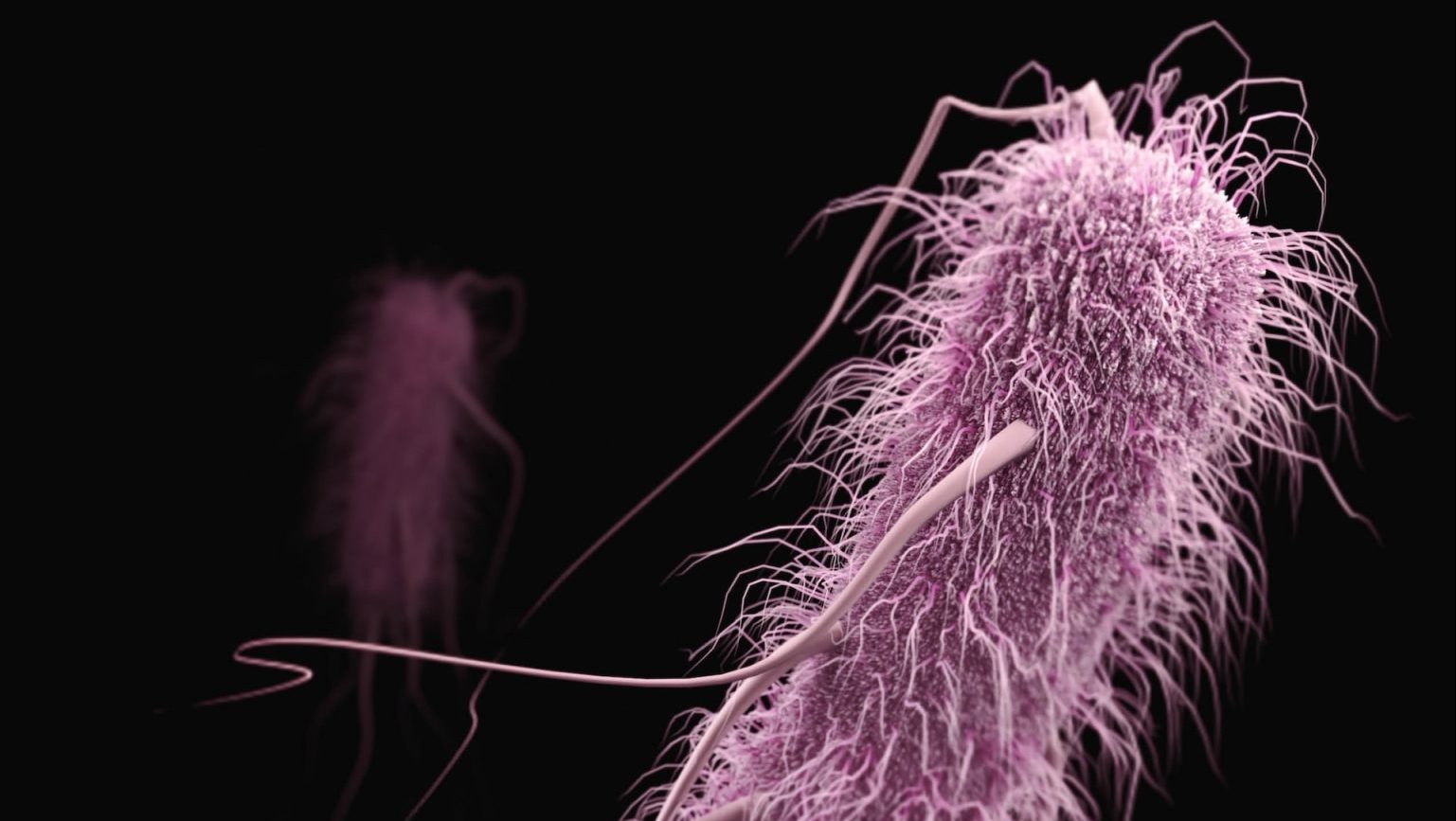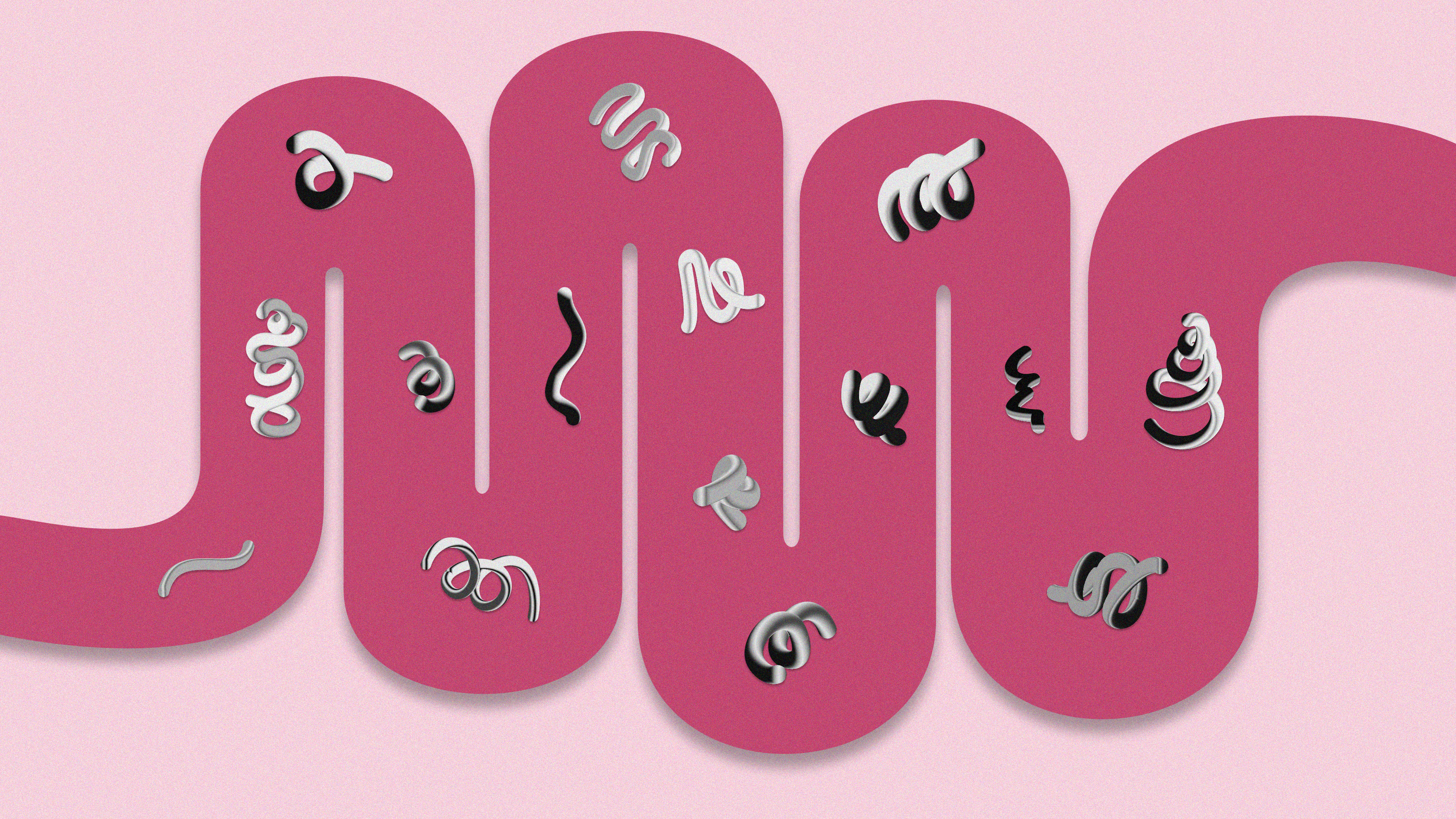microbes
In a recent paper, biologists outlined a three-part hypothesis for how all life as we know it began.
We don’t yet know if these strange “obelisks” are helpful or harmful.
Although early Earth was a molten hellscape, once it cooled, life arose almost immediately. That original chain of life remains unbroken.
New DNA analyses raise questions over the theory that Christopher Columbus and his men brought syphilis to Europe.
Research suggests that to maintain a healthy brain, we should tend our gut microbiome.
Life became a possibility in the Universe as soon as the raw ingredients were present. But living, inhabited worlds required a bit more.
Growing evidence suggests a link between the debilitating neurological illness and the microbes that live in our intestines. The vagus nerve may be a pathway.
Earth wasn’t created until more than 9 billion years after the Big Bang. In some lucky places, life could have arisen almost right away.
ÄIO’s fermentation process creates healthy, sustainable oils and fats by upcycling low-value industry organics.
Artificial intelligence can forecast the behavior of viruses and quickly make vaccines to thwart them.
Antioxidant vitamins don’t stress us like plants do—and don’t have their beneficial effect.
EBT-101 is not the only candidate for an HIV cure. Stem cell transplants, medications, and other CRISPR therapies are being researched.
AI was key to making Moderna’s COVID mRNA vaccine. Its role in mRNA therapeutics will rapidly grow in the coming years.
With such a vast Universe and raw ingredients that seem to be everywhere, could it really be possible that humanity is truly alone?
The best answer we have is, “Life is matter with intentionality.”
CRISPR, stem cells, and even cancer drugs are helping shape an AIDS-free future.
It’s early days, but if the efforts can be efficiently scaled-up, such biological recycling could put a dent in the plastic waste problem.
Over a third are worried that vaccines can cause “canine autism.”
AI is helping us replace petrochemicals with natural enzymes.
The technology could yield “made-to-order resistance genes” to protect crops against pathogens and pests.
Researchers estimate there may be as many as ten million trillion trillion phages on Earth — that’s 10 with 30 zeros after it.
Metaphors like the Great Chain of Being can lead people to misunderstand evolution and humanity’s place in the web of life.
In one experiment, the Viking landers added water to Martian soil samples. That might have been a very bad idea.
“The only options left were experimental approaches in clinical trials.”
“Domesticated viral genes” may not be domesticated as scientists thought.
Embark on a journey through one of the most profound ecological transitions in the history of complex life.
A secret to a long, healthy life may lie in the diversity of gut viruses, which can supercharge bacterial metabolism and resist disease.
Some scientists think we should allow our bodies to more harmlessly live with pathogens until they’re cleared from our systems.
Desperate times call for desperate measures.
Striking differences in the composition of the gut microbiome suggest that fermented food could help those suffering from anorexia.

